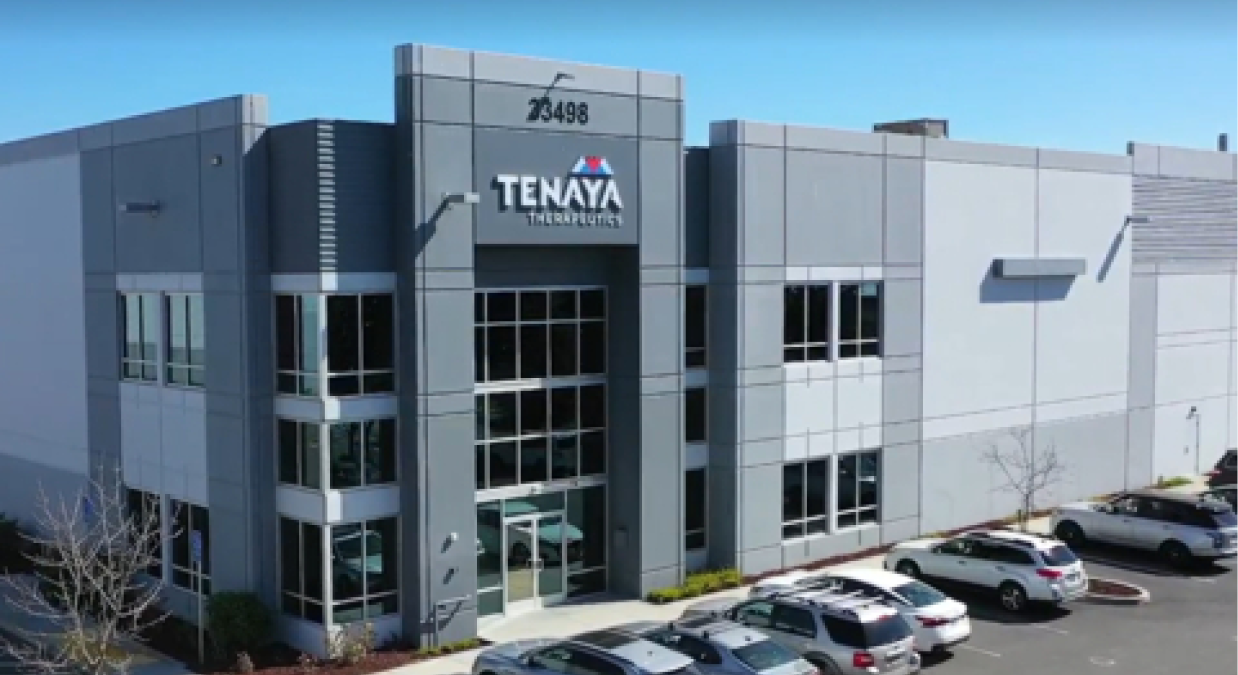Tenaya Therapeutics Receives Positive Safety Reviews From Independent Data And Safety Monitoring Boards, Allowing TN-201 And TN-401 Gene Therapy Clinical Trials To Advance As Designed
Positive DSMB reviews allow Tenaya to expand trials for TN-201 and TN-401, with key gene therapy data expected by end of 2025.
Breaking News
Jul 31, 2025
Simantini Singh Deo

Tenaya Therapeutics, Inc., a clinical-stage biotechnology company focused on developing curative gene therapies for heart disease, has announced that both of its ongoing cardiovascular gene therapy clinical trials — MyPEAK-1 for TN-201 and RIDGE-1 for TN-401 have received positive safety recommendations from their respective independent Data Safety and Monitoring Boards (DSMBs). These endorsements allow both studies to continue as planned.
Whit Tingley, M.D., Ph.D., Tenaya’s Chief Medical Officer, stated, “Safety is paramount, and this milestone reinforces the favorable tolerability profile emerging for both TN-201 and TN-401 and highlights the appropriateness of our immunosuppressant regimen to manage patients. We are very encouraged by the DSMBs’ endorsements to proceed per protocol into expansion cohorts at either dose level for TN-201, and to expand at the current dose and escalate to the higher dose level for TN-401, with our first Cohort 2 patient already dosed. We look forward to sharing clinical data from both programs later this year as we continue to advance our mission to transform the treatment landscape for patients with serious cardiovascular diseases.”
The MyPEAK-1 trial is a Phase 1b/2 clinical study evaluating TN-201 for the treatment of MYBPC3-associated hypertrophic cardiomyopathy (HCM), a genetic condition caused by low levels of the cardiac protein myosin-binding protein C (MyBP-C). This is the second time the DSMB has reviewed data from this trial. The review included findings from Cohort 1 and Cohort 2, where patients received TN-201 at dose levels of 3E13 vg/kg and 6E13 vg/kg, respectively.
The panel comprising experts in gene therapy, cardiology, and immunology concluded that TN-201 has an acceptable safety profile to proceed with expanded enrollment at either dose. Tenaya currently plans to move forward with the 6E13 vg/kg dose expansion cohort. Earlier this year, Tenaya presented preliminary data from the first three patients in Cohort 1 at the American College of Cardiology meeting. Results showed successful delivery of TN-201 to heart muscle cells, with strong RNA expression and increased MyBP-C protein levels in two patients with available biopsy samples.
All three patients, who had severe HCM symptoms at the beginning of the trial, improved to New York Heart Association (NYHA) Class I post-treatment—indicating a resolution of heart failure symptoms. Two patients also showed improvement in measures of heart muscle thickening, and cardiac troponin levels—an indicator of heart muscle injury—fell by over 60% in two patients, returning to normal or near-normal levels.
Tenaya is expected to provide updated follow-up data from Cohort 1 and initial results from Cohort 2 later this year. These results will help guide future dose selection and the design of a potential pivotal trial in both pediatric and adult patients with MYBPC3-related HCM. In parallel, Tenaya is also progressing with the RIDGE-1 Phase 1b trial of TN-401 for treating PKP2-associated arrhythmogenic right ventricular cardiomyopathy (ARVC). This condition results from mutations in the PKP2 gene, leading to insufficient plakophilin-2 protein expression and irregular heart rhythms.
In this study, the first three patients (Cohort 1) received a 3E13 vg/kg dose. Following a review of the data, the DSMB recommended escalating the dose to 6E13 vg/kg and supported expanded enrollment in accordance with the study protocol. The first patient in the higher-dose Cohort 2 has already been dosed. Tenaya may also add more patients to the 3E13 vg/kg dose expansion group.
Up to 15 adults with PKP2-associated ARVC may be enrolled in the RIDGE-1 study, which is being conducted at clinical trial sites in the United States and the United Kingdom. Initial safety and tolerability data, along with biopsy findings from Cohort 1, are expected to be reported in the fourth quarter of 2025.
